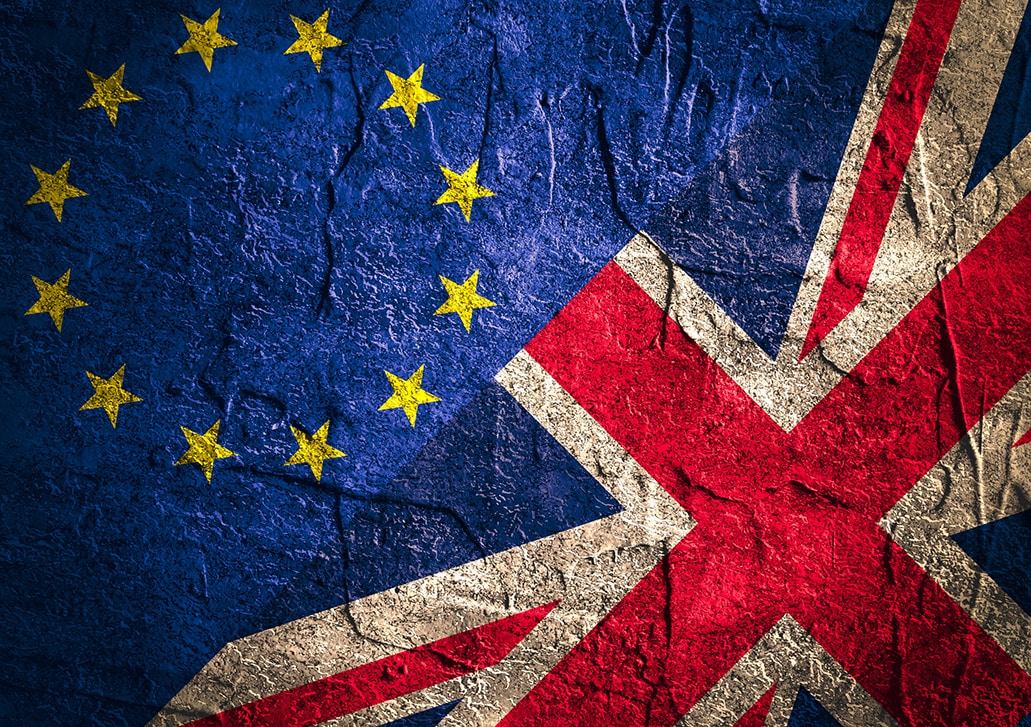This is a crucial week in Brexit talks as both sides reconvene after a long break to lay the foundations for Britain’s transitional arrangements on leaving the EU.
The transition is due to smooth the way for an amicable split in March 2019.
The arrangements will stay in force until December 2020 while both sides tie up the loose ends of a trade deal.
In London, the EU’s chief negotiator Michel Barnier said he would respect Britain’s ‘red lines’ of no customs union with the EU, but that the British government also had to respect similar non-negotiable points laid down by Europe.
Accelerating discussions
This week, the British Brexit committee – the Cabinet ministers making the decisions about how Britain will relate to the Europe after leaving the bloc – meets twice to draft talking points for negotiators.
Ministers have taken to the media in recent days to stress that the Leavers and Remainers in the Cabinet are generally in agreement about how to proceed despite rumours of splits in Westminster.
Brexit secretary David Davies will talk with Barnier, while other negotiators will sit down to iron out the final details of the Irish/Northern Ireland border, rights of EU expats in the UK after March 2019 and a future trade agreement.
“There is so much work, so we have decided for this reason to accelerate all the contacts,” said Barnier.
Britain to leave customs union
“We want to reach a deal, respecting the guidelines of the European Council, respecting the rules of the single market of the Union. So once again we have not a minute to lose.”
Conservative MP Kwasi Kwarteng, an aide to Chancellor Philip Hammond, explained the latest statement on the customs union was “perfectly consistent” with what the government had been saying all along, given that Prime Minister Theresa May had been “pretty clear” for more than a year that the UK would be leaving.
The UK wants to separate from the customs union to be free to settle trade agreements with countries outside of the EU. Staying in the customs union – sometimes called the single market – would prevent this.
